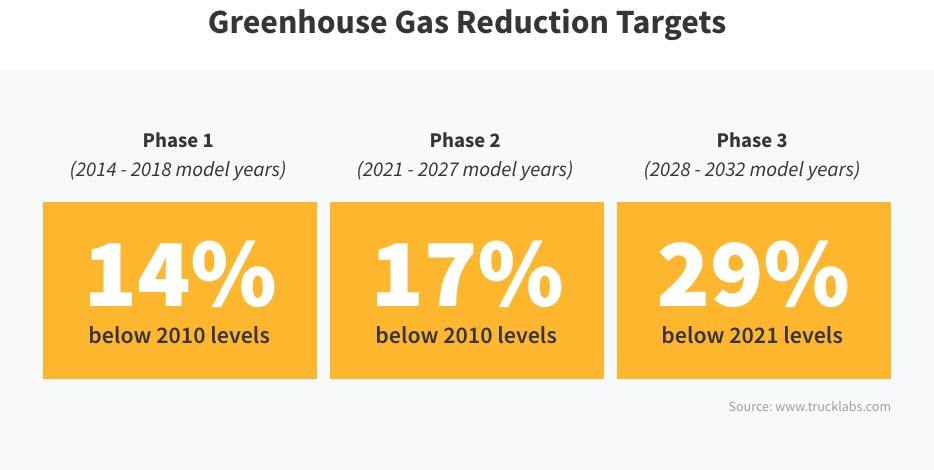Advanced Clean Truck, GHG3, and School Bus Emissions
In 1967, the California Air Resources Board (CARB) was formed to address the smothering air pollution experienced in the state at that time. Shortly thereafter, the U.S. Environmental Protection Agency (EPA) started crafting their own federal air quality standards. Both CARB and the EPA monitor various automotive pollutants, including carbon monoxide, nitrogen oxides, hydrocarbons, and diesel particulate matter.
How CARB Rules Impact School Districts
As part of California Air Resources Board truck and bus standards, the CARB Advanced Clean Truck (ACT) rule was launched in 2020 in an effort to reduce harmful emissions from medium- and heavy-duty vehicles, including school buses. It requires manufacturers that sell Class 4-8 medium- and heavy-duty vehicles (which covers most school buses) to sell zero-emission vehicles as an increasing percentage (up to or exceeding 75 percent) of their annual sales from 2024 to 2035. So far, 11 more states are considering adopting these rules.
In 2023, CARB announced the landmark Clean Truck Partnership with the nation’s leading truck manufacturers. This agreement advances the development of zero-emission vehicles (ZEVs) for the commercial trucking industry, which includes flexibility for manufacturers to meet emissions requirements while still reaching the state’s climate and emission reduction goals.
“Navistar is committed to offering our customers products and services which support a sustainable future. This agreement enables the regulatory certainty we all need to prepare for a future which will include ever increasing volumes of low and zero-emissions technologies.”
Michael Noonan, Director Product Certification and Compliance at Navistar, commenting on the Clean Truck Partnership
Source: arb.ca.gov
How EPA GHG3 Rules Impact School Districts
The EPA has implemented its own path to electrification for non-CARB states. The three-phase Greenhouse Gas (GHG) program began in 2014. Phase 1 and 2 have already been enacted and GHG Phase 3 has been proposed (not yet enacted).
Significantly more stringent than Phase 2, Phase 3 standards would, by 2032, reduce GHG emissions from heavy-duty vehicles by 29% below 2021 levels. It is important to note that the rules only relate to new bus sales. Current diesel school bus fleets are allowed to remain on the road if they meet local emissions standards.
The most direct way to lower GHG is through greater efficiency. However, since it is unlikely that a new diesel-powered school bus will be 29% more efficient by the deadline, alternative technologies are needed. As such, to meet the Phase 3 standards, manufacturers are expected to rely on a wider range of technologies, including hybrid electric or fully electric like the IC Bus® Electric CE Series.
The Bottom Line
When it comes to both CARB regulations and EPA GHG Phase 3 rules, IC Bus is ahead of the game. The Electric CE Series is already in service with dozens of school districts – smoothly, quietly, and reliably taking kids to and from school in all types of weather and road conditions.
Reducing emissions around children when they are waiting for or riding on a bus is essential for their well-being. And as an added benefit, school districts that decide to bring the IC Bus Electric CE Series into their fleets may experience lower operating expenses due to potentially lower maintenance costs and zero fuel costs. Plus, thanks to generous federal and state incentive programs, school districts may find that building a charging infrastructure is more affordable than they previously thought.
But the most exciting part is the benefit to the children – those riding the bus today and in years to come. School districts can be confident that no matter which IC Bus model they choose, emissions are not only compliant to federal and state laws, but are nonexistent in some cases, thanks to advanced solutions like the Electric CE Series.








